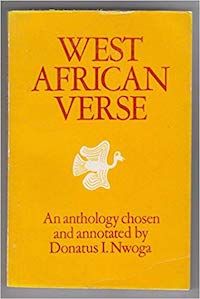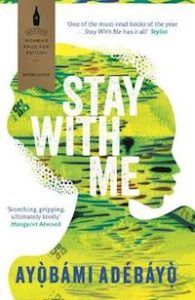Who gets the ARCs of own voices books?
The publisher’s job is to do whatever it takes to get the right book into the hands of the right readers. However, black book reviewers are struggling to be taken seriously by publishers in their requests for ARCs of the books they can relate to the most. Seji @theartisangeek – the coiner of #OwnVoicesReviews – even created a (very impressive if I might add) music video to get the publisher of Kingdom of Souls by Rena Barron to take note of her ARC request. Kingdom of Souls is a book by a black author inspired by West African mythology and requested by a West African BookTuber. It’s a match made in heaven, right? The author thought so. The publisher/publicity department did not. Anna @never_withouta_book is another black Bookstagrammer encountering difficulties in receiving ARCs of books by people of colour from publishers. She was also told by a prominent subscription book box that they don’t know of any black Bookstagrammers. Umm, excuse you?
A post shared by Seji (@theartisangeek) on Apr 14, 2019 at 8:56am PDT
A post shared by Anna (@never_withouta_book) on Apr 15, 2019 at 3:12am PDT
Why is not having own voices reviews a problem?
I recently read West African Verse, an anthology chosen and annotated by Donatus I. Nwoga. He sums up my thoughts succinctly in his preface when he writes: While there are plenty of great books about people from marginalised communities that have been written by people outside of those communities, own voices books contain an added level of intuition and nuance. Many of us enjoy reading about lives and experiences apart from our own. This is one of the joys of being a reader. However, there is an added level of understanding in reading about an experience you have also lived. Own voices reviews are an important way to give own voices books the best chance of success possible. Publishers are taking note and we are starting to see more diversity in authors and books. However, publishing books is ultimately a capitalist venture, and if these books don’t sell then there may be a sell-by-date on publisher’s willingness to support diverse literature. When books receive poor early reviews because they aren’t “relatable”, these reviews affect sales. These books are not going to do well if they are put into the wrong hands. A good Bookstagrammer friend of mine, whose opinion I greatly respect, read Ayobami Adebayo’s debut novel Stay With Me and ultimately didn’t like it because she couldn’t relate to the story. One of the main reasons I have for not liking certain books is that I can’t relate to them. However, publishers are putting the books that I can’t relate to into the hands of reviewers who can relate to them before and around the release date in order to give them the best chance of success possible. This isn’t necessarily true with own voices literature. My family are Nigerian so I have reference points from which to visualise the world in Adebayo’s story. The section that discusses armed robbers does not seem far fetched to me because I know that armed robbers are a very real, very current threat in Nigeria. I also know the difficulty in getting the police to intercede because oftentimes the police are in on the heist. In other words, I can relate to the story.
Where do we go from here?
The point isn’t that publishers should only seek out own voices reviews for own voices books, but that it is important for publishers to actively seek them out. And so, ever helpful, Seji has created a diverse reviewers list on her blog and Anna has created a diverse reviewers spreadsheet for publishers to utilise. I’m grateful for the breakthrough in diversity we are starting to see in the publishing world, but we can’t just accept diversity in one field. To witness true diversity it needs to filter into the publishers, the authors, the reviewers, and the readers. This movement is about giving own voices books the best chance they can possibly have to succeed by putting them into the hands of those who have been pining for them the hardest. And of course, we can only speak from the experience of being black women, but this movement is for all marginalised communities to speak out and make publishers take note and pay attention to own voices reviewers. But don’t worry; the movement is growing and Bookstagrammers such as @theartisangeek, @never_withouta_book, @thestackspod, @lupita.reads, @kenyanbibliophile and many more (me included) have decided that it’s time to take a stand. Even if we do have to make musical request videos to do so.

